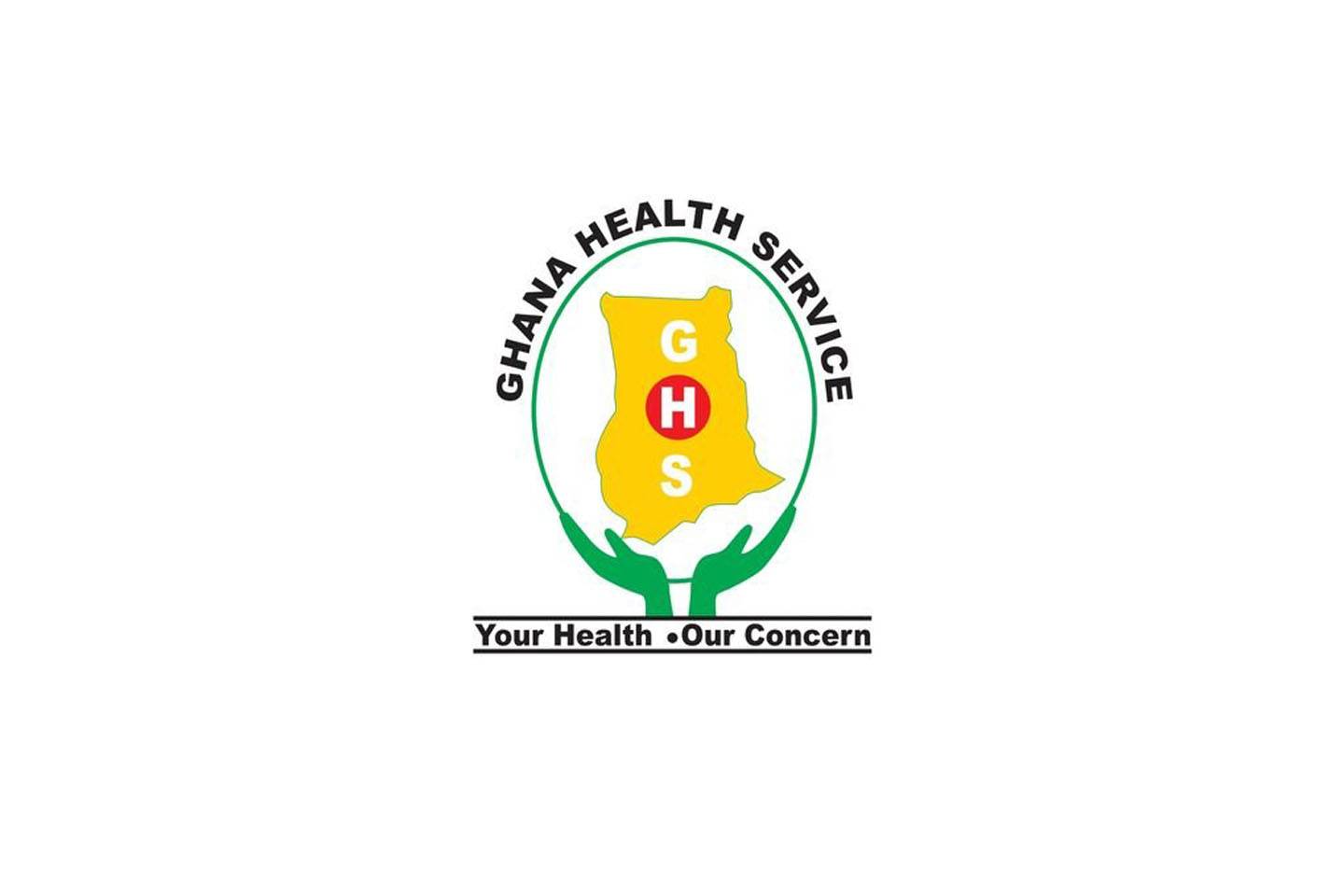Press Releases
HEALTH ALERT ON DENGUE FEVER
The Ministry of Health / Ghana Health Service has received notification with great concern of a confirmed Dengue fever outbreak in a neighbouring country within our sub-region. Burkina Faso suspected cases of Dengue in August this year and as at November 12. In 2016, a total of 1,061 probable (Dengue Rapid Diagnostic Test (RDT) positive) cases out of 1,266 suspected cases were reported with a cumulative total of 15 deaths (CFR 1.2%).
All cases have been reported from all 12 districts of Ouagadougou. In addition, two other regions have reported cases, the Sahel Region in the north (12 RDT positive cases) and the Hauts-Bassins region in the west (6 RDT positive cases).
The Government of Burkina Faso as well as development partners have initiated response measures to contain the situation. Key interventions being implemented so far among others include field investigations, enhanced surveillance, case management, infection prevention and control, contact tracing and follow-up and social mobilization/risk communication.
The World Health Organization (WHO) has deployed a multidisciplinary team in the affected areas to support the response.
The most severely affected region/metropolis is Ouagadougou the capital of Burkina Faso with major road routes and transport links to neighbouring countries and an international airport, as well as frequent movement of populations to and from neighbouring countries including Ghana.
Currently, there is no evidence indicating dengue outbreaks in Ghana, however, the risk is high, due to the proximity and high density of the vector Aedes mosquito in Ghana. In this regard, there is a need to enhance surveillance and increase awareness among the health staff and general population to prevent, protect against, early detect and appropriately respond to cases.
The purpose of this press release is to provide information to the public on the outbreak and the disease in general, what the Ministry of Health is doing to prevent and protect against the introduction and spread of the disease, and what people should do to prevent getting infected by Dengue fever.
Dengue is an acute fever caused by a virus. It occurs in two forms namely:
1. Dengue Fever: presents as a febrile illness marked by sudden onset of high-grade fever, severe headache and pain behind the eyes, muscles and joints.
2. Dengue Haemorrhagic Fever (DHF): is a more severe form.
In addition to the above, there is bleeding and sometimes shock occurs, leading to death. It is most serious in children. Symptoms of bleeding usually occur after 3-5 days of fever.
• The high fever continues for five to six days (39-40 Degrees Celsius). It comes down on the third or fourth day but rises again. The patient feels much discomfort and is very weak after the illness.
Dengue spreads rapidly and may affect a large number of people during an epidemic resulting in reduced work productivity, but most importantly causing the loss of lives.
SIGNS AND SYMPTOMS (RECOGNITION) OF DENGUE FEVER
• Sudden onset of high fever
• Severe headache (mostly in the forehead)
• Pain behind the eyes which worsens with eye movement
• Body aches and joint pains
• Nausea or vomiting
SIGNS AND SYMPTOMS (RECOGNITION): DENGUE HAEMORRHAGIC FEVER AND SHOCK
• Symptoms similar to dengue fever as above, plus any one of the following:
. Severe and continuous pain in the abdomen;
. Bleeding from the nose, mouth and gums or skin bruising;
. Frequent vomiting with or without blood;
. Black stools, like coal tar;
. Excessive thirst (dry mouth)
. Pale, cold skin
. Restlessness, or sleepiness
TREATMENT
Treatment is to mostly supportive care with rehydration and symptomatic treatment improves survival. There is no specific medicine for the treatment of the disease. However proper and early treatment can relieve the symptoms and prevent complications and death.
• Aspirin, Brufen and other non-steroidal anti-inflammatory drugs (NSAIDs) should be avoided in dengue fever, as they are known to increase the bleeding tendency and also increase stomach pain. Paracetamol can be given on medical advice.
• If one or more signs of Dengue Haemorrhagic fever are seen, take the patient to the hospital immediately. Give fluids to drink while transferring the patient to the hospital.
Preparedness Measures and Actions Done:
3. Alerts have been sent to all regions and districts to enhance surveillance for early detection, sensitize health staff and provide public awareness.
4. Enhanced Surveillance at all levels
5. Public education on signs and symptoms and prevention
6. We have conducted an Entomological Assessment in the affected areas which indicates the presence of Aedes mosquitoes
MODE OF SPREAD: The Spread of Dengue fever is through the bite of an infected Aedes aegypti mosquito.
The mosquito gets the virus by biting the infected persons. The first symptoms of the disease occur about 5-7 days after an infected bite. It is impossible to tell if a mosquito is carrying the dengue virus. Therefore, people must protect themselves from all mosquito bites.
The Aedes mosquito rests indoors, in closets and other dark places. Outside, they rest at cool and with shade. The female mosquito lays her eggs in water containers in and around homes, schools and other areas in towns or villages. These eggs become adult in about 10 days.
Aedes mosquitoes breed in stored exposed water collections and conditions that favour breeding places are as follows:
Barrels, drums, jars, pots, buckets, flower vases, plant saucers, tanks, discarded bottles, tins, tyres, water coolers, etc. and a lot more places where rainwater collects or is stored.
PREVENTIVE MEASURES:
Avoid and protect against mosquito bites.
Major efforts of prevention and control should be directed against the mosquitoes. It is important to take control measures to eliminate mosquitoes and their breeding places. Efforts should be intensified before the transmission season (during and after the rainy season) and at the time of the epidemic.
Prevent mosquito bites. Dengue-transmitting mosquitoes bite during the daytime. Individuals must protect themselves from mosquito bites by doing the following:
• Wear full sleeve clothes and long dresses to cover the limbs;
• Use of mosquito repellent is helpful. Care should be taken in using repellents on small children and the elderly;
• Use mosquito coils and electric vapour mats during the daytime to prevent Dengue;
• Use insecticide-treated mosquito nets – to protect babies, old people and others, who may rest during the day.
• Curtains can also be treated with insecticide and hung at windows or doorways, to repel or kill mosquitoes.
• Protect people sick with dengue by using mosquito nets and mosquito nets and mosquito coils to help stop the spread of dengue
Prevent the multiplication of mosquitoes:
Mosquitoes, which spread dengue, live and breed in and around houses.
• Cover and drain water from coolers, tanks, barrels, drums and buckets, etc.;
• There should be no water in coolers when not in use;
• Remove from the house all objects which have water collected in them;
• Remove water from refrigerator drip pans every other day;
• All stored water containers should be kept covered all the time;
• Discard solid waste and objects where water collects, e.g. bottles, tins, tyres, coconut husks, etc.
The World Health Organization (WHO) doesn’t recommend any restriction of travel and trade to the affected country based on the information available on this Dengue fever outbreak.
The Ministry of Health requests intensive public awareness of the disease and directs health workers at all levels to kindly take this up for action.
We further charge the leadership in various health regions and districts to initiate processes for public awareness creation on the disease and related complications, and institute systems for enhanced surveillance, facilities for case management, holding areas and strict adherence for infection prevention and control at all health facilities.
Specifically, we recommend the following to be done in all health institutions and by all health workers:
1. Surveillance of Dengue fever and Arbovirus fevers in general (using case definitions) should be enhanced.
2. Suspected cases of Dengue fever should be investigated and managed by guidelines and standard operative procedures.
3. Health workers should adhere to regular infection prevention and control (IPC) measures to prevent and protect against possible nosocomial transmission.
4. Blood samples from suspected case(s) should be taken and safely packaged and sent to Noguchi Memorial Institute for Medical Research (NMIMR) for laboratory investigations.
5. All levels (National, Regions, Districts and Facilities) are requested to update their preparedness and response plans for Dengue and other Arboviruses in general, sensitize the respective staff and create public awareness.
We wish to assure all Ghanaians that, the Ministry of Health is following with keen interest the progression of Dengue fever in the affected areas. We will not renege on our efforts to protect the people of Ghana.
We have initiated the process for preparedness and response mechanisms which has the following major components:
• Epidemiological and laboratory surveillance
• Risk communication-social mobilization and health education which is a major tool in public health.
• Case management
• Logistics, security and financial resources and
• Coordination National Coordinating Committee, National Technical Coordinating Committee and EOC meetings on the issue.
Going Forward:
We entreat all citizens of Ghana to improve environmental conditions to prevent mosquito breeding and protect against mosquito bites to prevent Dengue fever.
Ladies and gentlemen of the media, the situation calls for your full support, especially in the area of public education and we hope you will once again give the necessary assistance to raise the required awareness and get people to practice the highest level of prevention and control measures.
We will continue to count on all of you and others to continue with the battle till we win.
Thank you.
SIGNED:
HON. ALEX SEGBEFIA
MINISTER OF HEALTH



No comments yet
Be the first to share your thoughts!